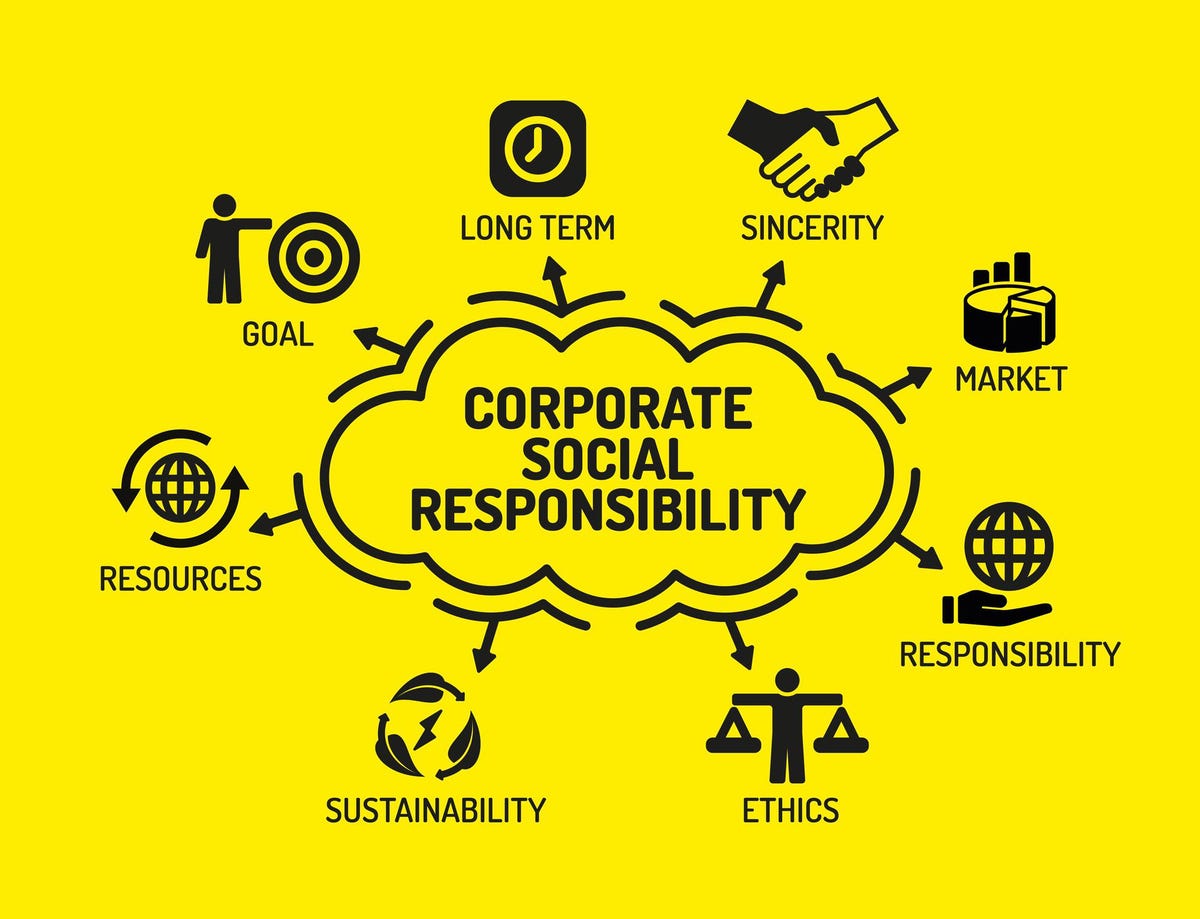 |
mytem360 / General information on CSR |
 |
Knowing the meaning of Corporate Social Responsibility |

Corporate Social Responsibility, also known as CSR, is the implementation of sustainable development by companies.
For organizations in the broadest sense, we speak of CSR.
A company that practices CSR will seek to have a positive impact on society, to respect the environment while being economically viable. A balance that it will build with the help of its stakeholders, i.e. its employees, customers, suppliers, shareholders or local actors.
Companies that commit themselves to implement it will integrate, in a voluntary way, these dimensions beyond the legal framework that is imposed on them, by putting in place good practices (e.g.: promotion of diversity among employees) or even by opening up to new economic models (e.g.: renting of equipment rather than selling).
For some companies, mainly those whose activity has a big impact on the environment (e.g. mining or oil industries), this implies a rethinking of their business model to make it compatible with the fight against climate change (limiting the global temperature increase to 2°C) or a sustainable management of resources (e.g. safeguarding biodiversity).

image source: https://newsbinding.com/
For companies and organizations committed to operating in a socially responsible manner, the ISO 26000 standard is essential.
ISO 26000 is a set of guidelines for all those who are aware that socially responsible and environmentally friendly behaviour is a key factor for success. Not only does ISO 26000 provide the right direction to follow, but increasingly it is being used to assess an organization's commitment to sustainable development and its overall performance.
In particular, the standard establishes a list of requirements for each principle and for each core issue. It provides information on the scope of each social action, its relationship with social responsibility, the relevant considerations and principles, and the associated requirements (expectations and actions).
THE 7 GENERIC CSR PRINCIPLES:
These principles apply to the entire Standard:
- Accountability
- Transparency
- Ethical behavior
- Respect for the interests of stakeholders
- Respect for the rule of law
- Respect for international standards of behavior
- Respect for human rights
THE 7 CORE ISSUES:
- Governance of the organization
- Human rights
- Labor relations and working conditions
- The environment
- Good business practices
- Consumer issues
- Societal commitment
HOW TO DEPLOY THE APPROACH IN 6 MAJOR STEPS
1 - Master the input data for decision-making:
Define the sphere of influence.
Analyze the impacts on the central issues of CSR.
Define the stakeholders and their expectations.
Define the field of action.
2 - Analyze the organization's societal impact:
Assess the organization's impact in the sphere of influence.
3 - Set directions and plan:
Adapt the governance and organization.
Define the guidelines.
Plan actions, objectives and targets.
Define the indicators and set up the dashboards.
4 - Implement the management system:
Take into account the approach in the process management.
Monitor and control.
Communicate with internal and external stakeholders and report.
5 - Continuous improvement:
Manage events (non-conformities, malfunctions).
Carry out corrective and preventive actions.
6 - Manage:
Ensure the management review.
Analyze data.
Evaluate the interest of the actions and the effectiveness of the management system.
Make decisions for improvement.

Comments
0 comments
Article is closed for comments.